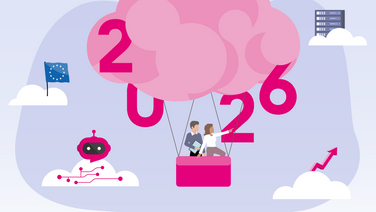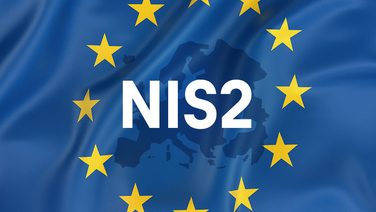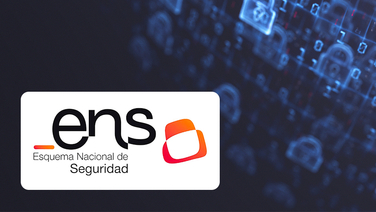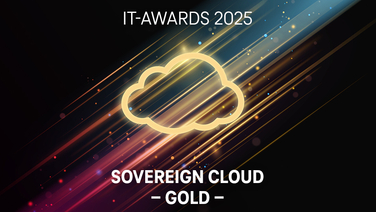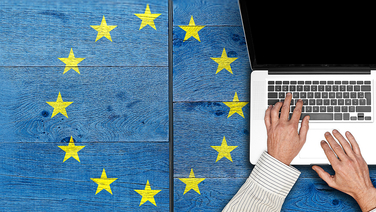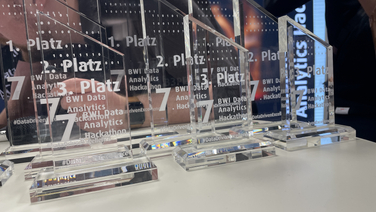
BWI Hackathon harnesses superior GPU power with NVIDIA H100 and L4
Four challenges, five days, one cloud – solutions for the requirements of the German Armed Forces were developed as part of the BWI Data Analytics Hackathon. They use AI and require GPUs. The Open Telekom Cloud provided the 100 “hackathonians” with a powerful platform featuring H100 and L4 GPUs.
